توضیحات
مقاله انگلیسی
Symposium: Accounting and actorhood
Accounting, Organizations and Society
journal homepage: www.elsevier.com/locate/aos
Accounting, Organizations and Society 59 (2017) 1e2
abstract
One of my enduring lessons as a philosophy student many years ago was that language plays tricks on us.
Specifically, nouns which seem to refer to solid and substantial things e like the “self” e are especially deceptive.
As a partial corrective to these illusions and errors created by language,
philosophers and others created their own concepts.
Thus the notion of selfhood was deployed to support the view that,
rather than being a timeless essence of people,
theconcept of self was a historical, cultural and socially contingent category embedded in presumptions of freedom and responsibility.
All this was, and remains, disconcerting because it just seems so natural to many of us that our personal sense of self,
and the apparent interiority of our thoughts is somehow autonomous and sovereign.
And yet, slowly, it became clearer to me that, whatever is ‘really’ going on in our heads and bodies,
even this apparently interior world is shaped by the social environment and by contemplative traditions,
Christian and others, reaching back many centuries.
Or to put it bluntly,
in the work of thinkers as diverse as Wittgenstein,
Freud, Foucault, and Hacking, the self had become the dependent variable.
When we substitute the word ‘actor’ for ‘self’ we can see that more is at stake in this issue than an abstract philosophical position.
Much of the landscape of the social sciences, and accounting research in particular,
is permeated by the modern equivalent of the Cartesian self, namely the autonomous, knowing, decisionmaking actor.
And while considerable intellectual effort has been expended on moderating strong rationality assumptions that seemed to accompany this model,
the unity of the actor which acts and makes decisions remains an important underlying assumption in much of contemporary social enquiry.
Perhaps, like the notion of self, the autonomous actor of the social sciences is simply too acculturated an entity even for critical analysts and would-be structuralists to give up on it entirely?
Or, in other words, even if we analysts accept that actors do not exist in the classical autonomous sense,
we seem somehow compelled to understand the world as if they did.
Accounting and actorhood
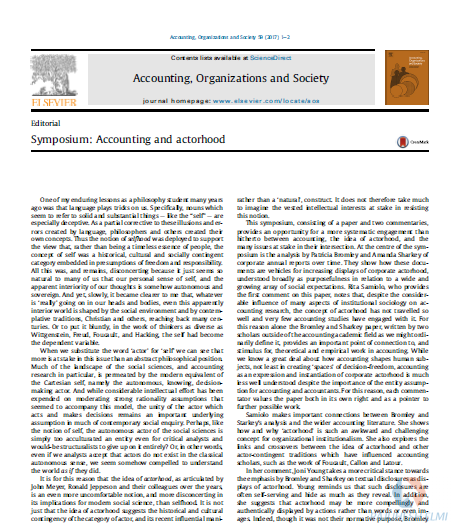
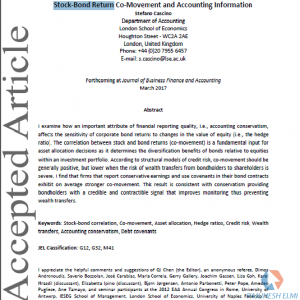
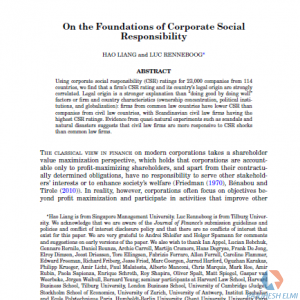
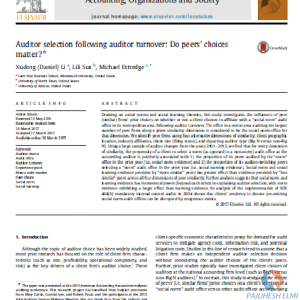

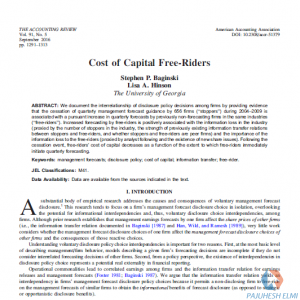
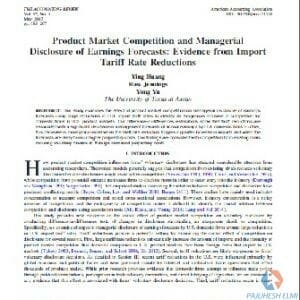

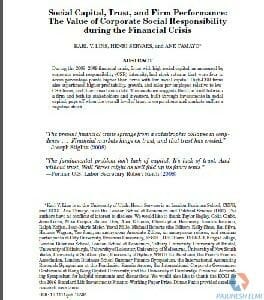
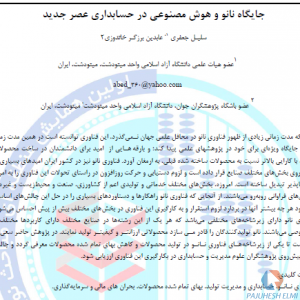
نقد و بررسیها
هیچ دیدگاهی برای این محصول نوشته نشده است.